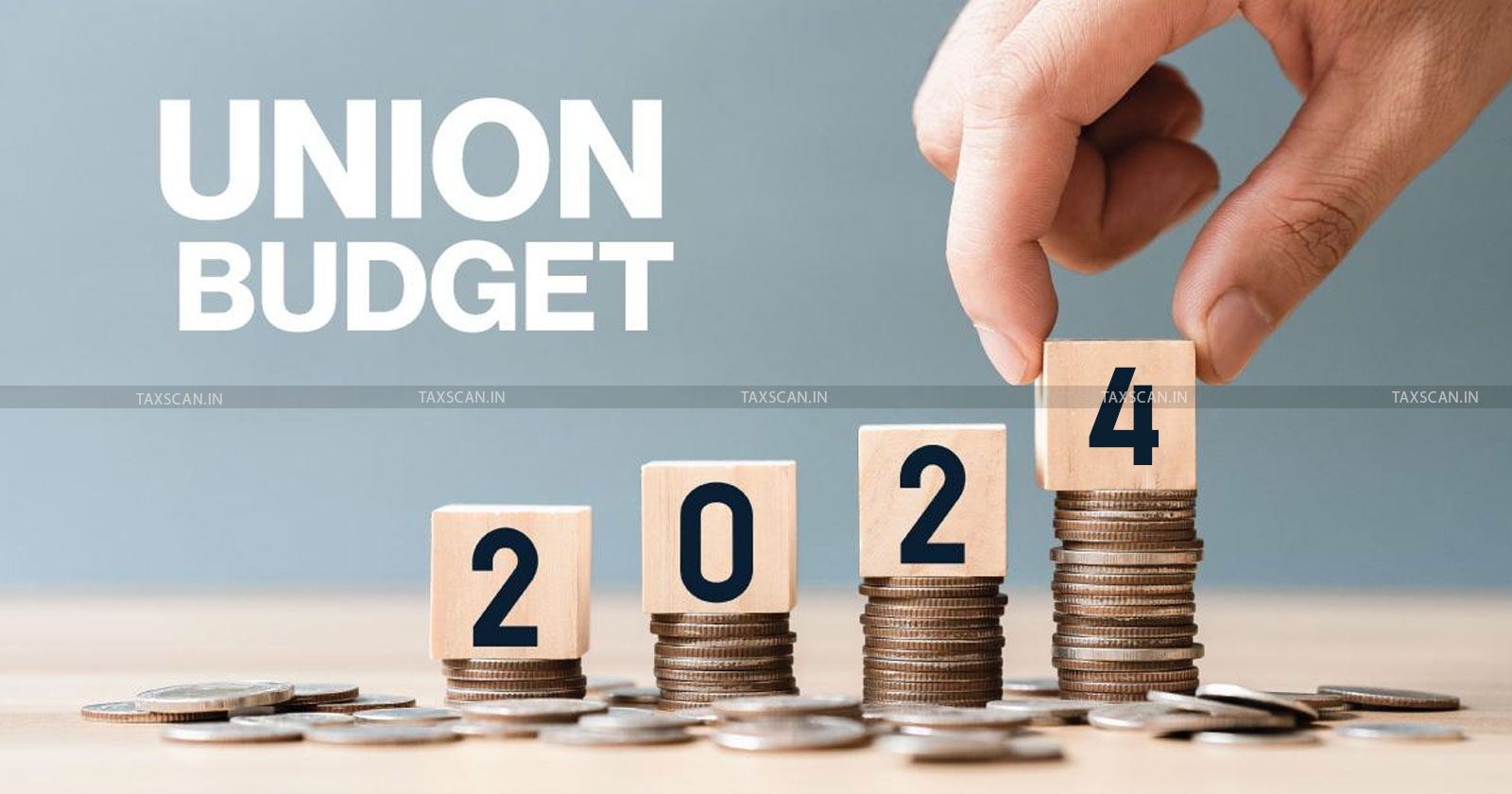Union Budget 2024: Know Why it is Different and Significance of "Vote on Account"
The Union Budget 2024 will be a Vote on Account. Read More to Understand the difference between a Full Budget, Interim Budget and Vote on Account

Union Budget 2024-Different – Significance -Vote – Account-TAXSCAN
Union Budget 2024-Different – Significance -Vote – Account-TAXSCAN
As we approach the Union Budget on February 1, 2024, coinciding with the upcoming general elections, it's important to understand the process and significance of this financial event and its nature.
Union Budget 2024
The Union Budget Day holds great importance for Indian citizens as it shapes the economic trajectory of the country. The central government meticulously plans and executes tasks leading up to budget drafting, typically starting around August-September, six months before the budget presentation date. On February 1 each year, the Union Finance Minister, Nirmala Sitharaman, tables the budget.
In a recent public statement, Finance Minister Nirmala Sitharaman emphasized that the forthcoming February 2024 Budget will primarily address essential expenditure needs until the formation of a new government. It is important to note that this budget will be a Vote on Account, signaling that taxpayers should not anticipate any groundbreaking announcements.
Read More: Budget 2024: FM rules out possibility of Spectacular Announcements
Vote on Account
The Constitution mandates that money cannot be withdrawn from the Consolidated Fund without appropriation by law, approved by the Centre during the Union Budget each year.
According to Article 116 of the Indian Constitution, a vote on account is an advance grant from the Consolidated Fund of India to the government. This grant covers short-term expenditure until the commencement of the new financial year. The Consolidated Fund of India, defined in Article 266, holds all revenue generated by the central government, encompassing taxes, loan interest, and a portion of state taxes.
Interim Budgets
In the scenario of an outgoing government, an interim budget or a vote on account is presented. The subsequent government is then tasked with presenting the full budget. Notably, a vote on account doesn't impact the tax regime.
To ensure that the government has the necessary funds as the new financial year begins on April 1, the vote on account permits the withdrawal of money from the Consolidated Fund for a brief period, usually two months. This process, a formality without requiring debate, serves as Parliament's interim approval of government spending.
During election years, when elections are slated shortly after the start of the fiscal year, the government opts for a vote on account rather than a full budget. This approach respects the next government's right to shape its budget for the remaining year post-election changes.
To differentiate, regular budgets cover the entire financial year, but during general elections, the incumbent government opts for an interim budget instead of a full one. While a vote-on-account includes only government expenditure, an interim budget addresses both receipts and expenditures.
Budget 2023 Recap
The Finance Minister Nirmala Sitharaman had presented the Union Budget 2023, by the budget speech. The budget bill proposed a major reworking of the New Income tax regime along with the tax structure.
Read More: Union Budget 2023: Govt Revises Tax Slabs and Tax Structure for New Income Tax Regime
The following expectations were raised by taxpayers prior to the budget in regard to the tax schemes: –
- Increase in the threshold of Rs. 15 Lakhs for the highest slab rate to Rs. 20 Lakhs.
- Waiver of cess and surcharges for lower categories of high income earners.
- Moving tuition fees of children from a separate provision from the Section 80C deductions, which already covers a lot of other investments/expenses to the tune of Rs. 1.5 Lakhs.
- Increase in health insurance tax exemption limit under Section 80D.
- With the advent of Electronic Vehicles (EVs), the Government could also introduce deduction on purchase of the same, apart from subsidies already in place, as a gesture to promote green transportation.
- An increased deduction in lieu of House Rent Allowance (HRA) or total house rent payable was also recommended as the rents are higher after the Covid-19 pandemic.
Support our journalism by subscribing to Taxscan premium. Follow us on Telegram for quick updates


